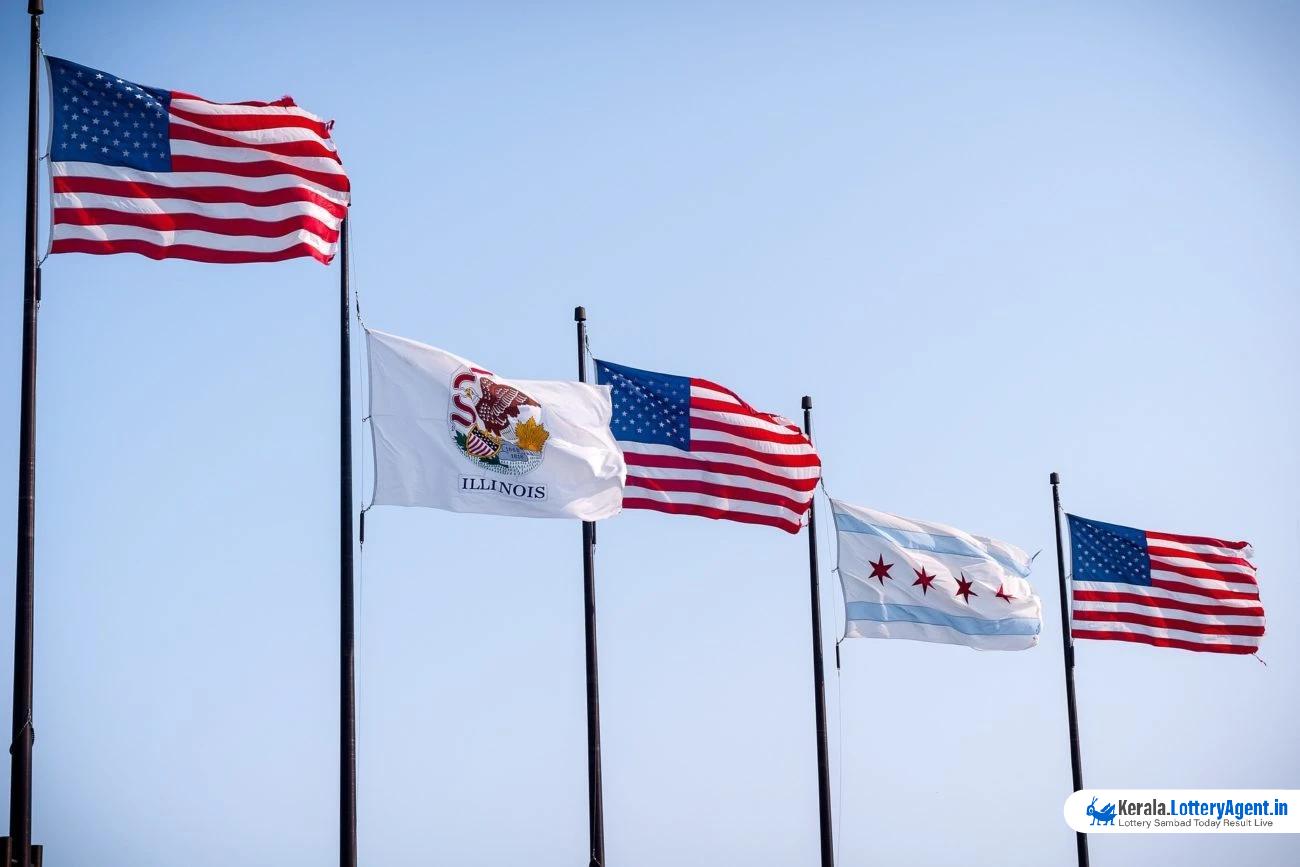
In a significant legislative development, the Illinois Senate has passed a budget that nearly triples the tax rate for the most successful sports betting operators. This move has been labeled as an “extremely disappointing decision that will cause real harm” by the Sports Betting Alliance (SBA).
Sunday’s budget proposal is distinct from the one previously passed by the House. If enacted, it will make Illinois the second-most expensive state for sports betting operators to operate in, trailing only New York. Under the new legislation, operators with the highest adjusted gross revenue (AGR) will face a tax rate of 40%. By comparison, New York’s tax rate, which is 51%, is the highest for any state with a competitive market.
The proposed tax hike is embedded in House Bill 4951 (HB 4951), a bill that did not originally include the progressive sports betting tax when it was passed by the House. The bill is now being sent back to the House for concurrence. Late Saturday, May 25, the House adjourned for the holiday weekend, during which time a proposed progressive sports betting tax was already circulating in Springfield.
Since the legalization of sports betting in June 2021, operators have been paying a 15% tax. Earlier this year, Governor JB Pritzker proposed an increase to 35%. However, the Senate’s version of the budget surpasses this proposal, even on the lower end, introducing a sliding scale where the minimum tax is 20% and the highest is 40%.
The Senate’s progressive sports betting tax also differentiates between retail and digital sportsbooks. Consequently, if an operator has both retail and digital sportsbooks, it appears separate taxes will be levied on each, although the cutoffs remain the same.
For instance, under this framework, DraftKings would see some financial relief. DraftKings would have paid a 20% tax on its retail AGR, which was $7 million for Fiscal Year 2024, and a 40% tax on its digital AGR, which was $350 million. Rush Street Interactive would experience even more significant savings. Rush Street’s retail sportsbook had an AGR of $12 million for Fiscal Year 2024, while its online AGR was $81 million. Instead of paying a flat 30% on all AGR, Rush Street would owe a 20% tax on the $12 million and a 30% tax on the $81 million.
.
Following the Senate vote, the response from the Sports Betting Alliance (SBA) was swift and unequivocal. The alliance, which includes industry giants like BetMGM, DraftKings, Fanatics Sportsbook, and FanDuel, has been vocal in its opposition to the tax increase. The SBA claimed to have mobilized 55,000 Illinois citizens to email lawmakers, urging them to vote against the increase.
After the vote, SBA lobbyist Jeremy Kudon issued a statement via Twitter, criticizing the proposed tax as “counterproductive”. Kudon argued that the progressive sports betting tax penalizes operators who have invested millions into the local economy and created jobs in Illinois. He warned that the tax hike could result in “worse products, worse promotions, and inevitably, worse odds for Illinois customers”. Additionally, Kudon suggested the tax would empower illegal offshore sportsbooks, which do not pay taxes or adhere to Illinois’ sports betting regulations.
Kudon further warned that if the proposal becomes law, sportsbooks might have to “re-evaluate their level of investment and participation in the state”.
Illinois has seen significant investment in its sports betting infrastructure. For instance, DraftKings opened a second brick-and-mortar location at Wrigley Field in March and already has a retail sportsbook at Casino Queen in East St. Louis. FanDuel has also invested in multiple in-person sportsbooks, including locations at the United Center, Fairmount Park, and Par-A-Dice Casino.
If approved, Illinois would be the second state, and the first major U.S. market, to implement a progressive sports betting tax. In comparison, Arkansas has a system where all casino revenue, including sports betting revenue, is taxed at 13% for the first $150 million and 20% for revenue above $150 million.
Whether this legislative shift will lead to increased state revenue or drive operators and customers to other markets remains to be seen. As the House prepares to reconvene, the future of sports betting in Illinois hangs in the balance, with potential implications for both the state economy and the consumer experience.












